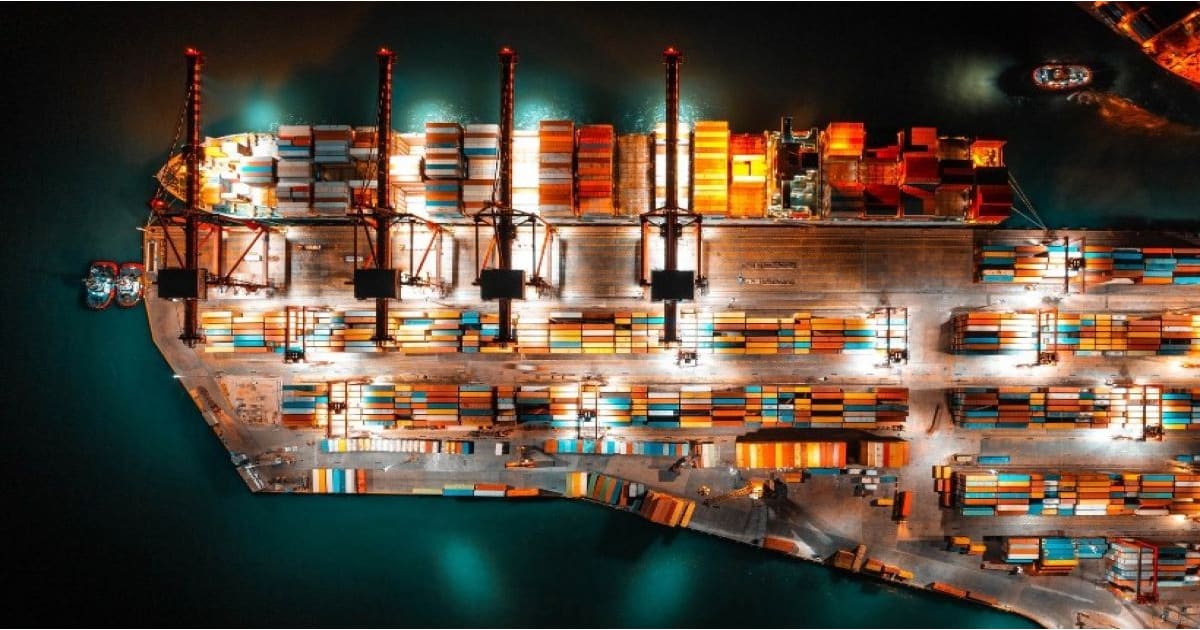Jul 17, 2024
MWM Admin
Navigating the Challenges of Global Logistics in 2024

In 2024, global logistics face an array of challenges that require innovative solutions and adaptive strategies. With supply chains becoming increasingly complex and interconnected, businesses must navigate issues ranging from geopolitical tensions to environmental sustainability. Here, we delve into some of the critical challenges in global logistics today and explore strategies to overcome them.
1. Geopolitical Instability
Geopolitical tensions and trade disputes can disrupt supply chains and impact global trade. Tariffs, sanctions, and trade restrictions create uncertainty and can lead to delays and increased costs. To mitigate these risks, companies need to diversify their supplier base and consider nearshoring or reshoring production. Building flexibility into the supply chain allows businesses to quickly adapt to changing geopolitical landscapes.
2. Supply Chain Disruptions
Natural disasters, pandemics, and other unforeseen events can cause significant disruptions to global supply chains. The COVID-19 pandemic highlighted the vulnerabilities in logistics networks, leading to shortages and delays. To enhance resilience, companies should invest in risk management strategies, such as developing contingency plans, maintaining safety stock, and leveraging technology for real-time visibility and monitoring.
3. Environmental Sustainability
Sustainability is a growing concern in global logistics, with increasing pressure to reduce carbon footprints and adopt eco-friendly practices. Companies are exploring ways to make their supply chains more sustainable by using renewable energy, optimizing transportation routes, and adopting green packaging solutions. Implementing circular economy principles, where materials are reused and recycled, can also contribute to a more sustainable logistics ecosystem.
4. Technological Integration
Integrating new technologies into existing logistics operations can be challenging but is essential for staying competitive. Advanced technologies such as artificial intelligence, blockchain, and the Internet of Things (IoT) offer significant benefits but require careful planning and investment. Businesses should focus on digital transformation, investing in scalable and interoperable solutions that enhance efficiency, transparency, and decision-making.
5. Talent Shortages
The logistics industry is facing a shortage of skilled labor, particularly in roles requiring technical expertise. Attracting and retaining talent is crucial for maintaining operational efficiency and driving innovation. Companies should invest in training and development programs, create attractive career paths, and leverage automation to augment their workforce. Partnering with educational institutions can also help bridge the skills gap by developing tailored logistics programs.
6. Regulatory Compliance
Navigating the complex web of international regulations and compliance requirements is a significant challenge for global logistics. Companies must stay informed about changing regulations related to customs, tariffs, safety standards, and environmental laws. Implementing robust compliance management systems and working with experienced legal and logistics partners can help ensure adherence to regulations and avoid costly penalties.
7. Rising Costs
Rising fuel prices, labor costs, and material expenses are putting pressure on logistics budgets. To manage costs effectively, companies need to optimize their operations through lean practices, strategic sourcing, and efficient transportation management. Embracing technology such as route optimization software and automated warehouse systems can also drive cost savings and improve overall efficiency.
Conclusion
The challenges facing global logistics in 2024 are multifaceted and require a proactive and strategic approach. By diversifying supply chains, investing in technology, prioritizing sustainability, and focusing on talent development, businesses can navigate these challenges and turn them into opportunities. The ability to adapt and innovate will be crucial for staying competitive and ensuring the smooth flow of goods in an increasingly complex global market. As the logistics landscape continues to evolve, companies that embrace change and prioritize resilience will be best positioned for success.
Other Article

The Future of Logistics: Innovations and Trends Shaping the Industry

